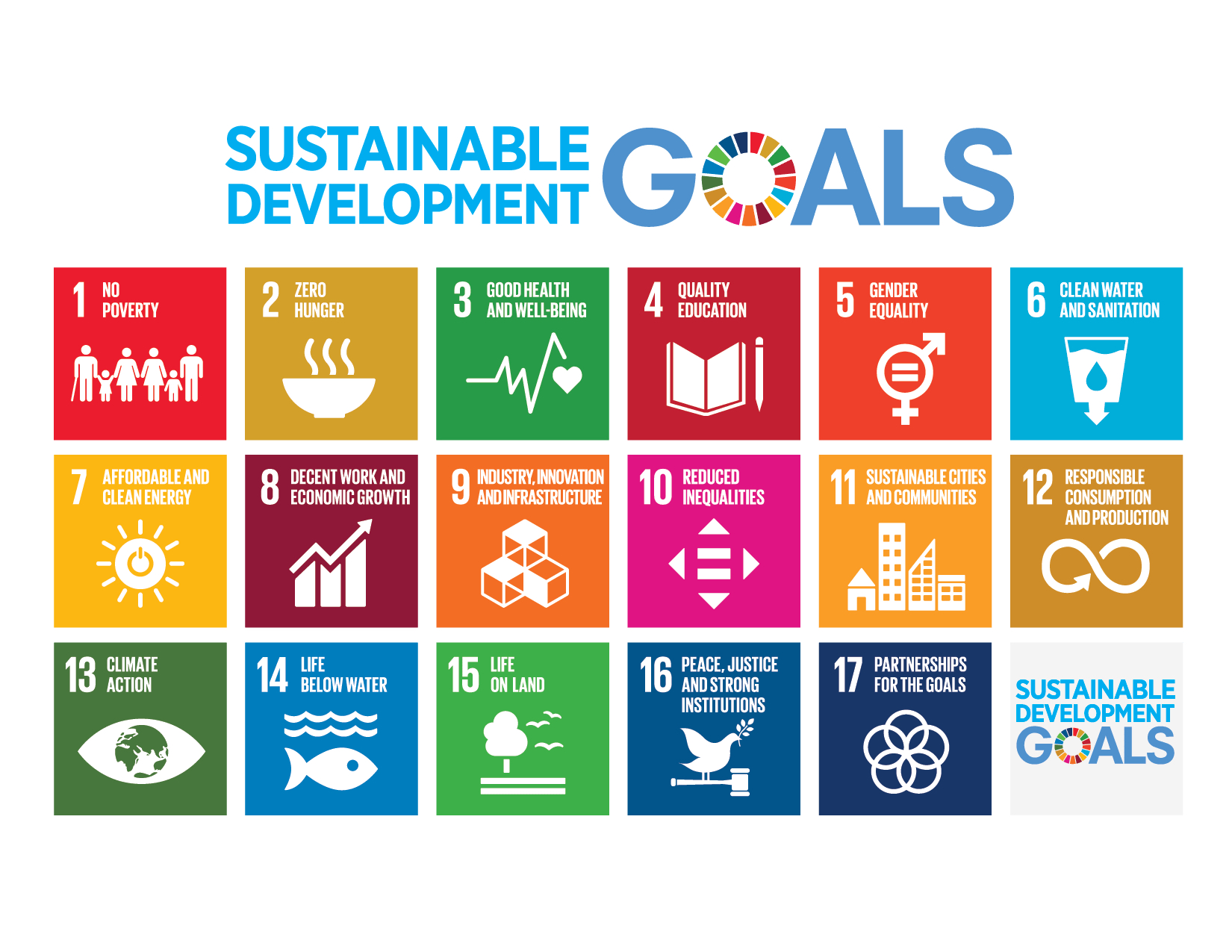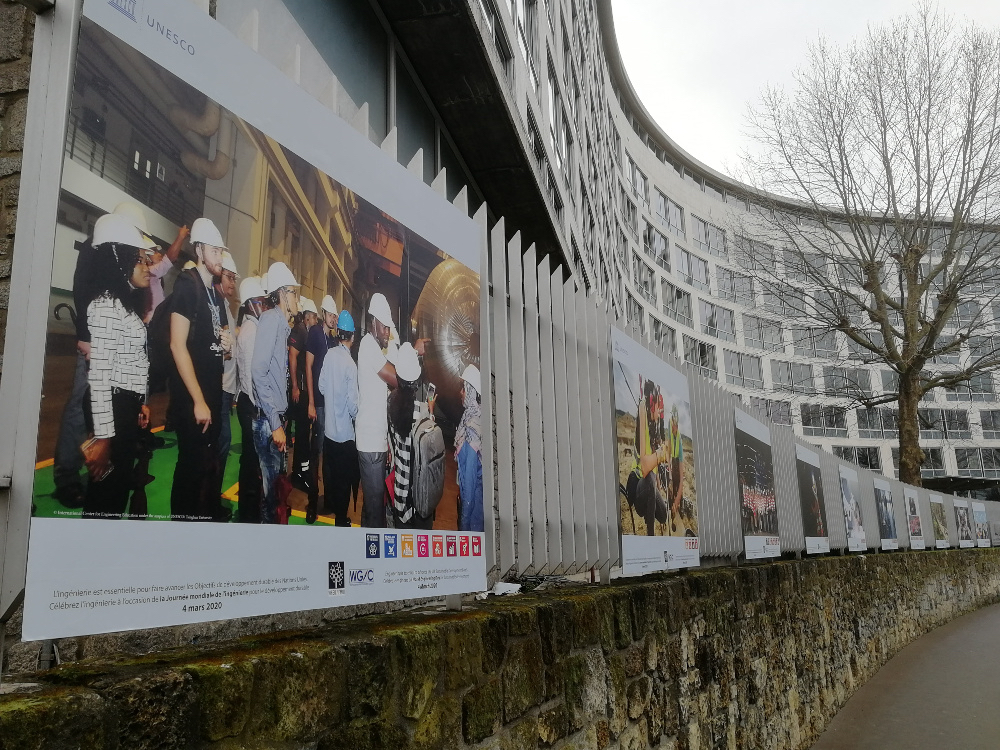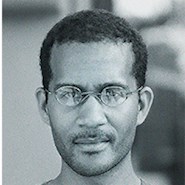For years, Australian engineer Marlene Kanga, Ph.D, HonFIEAust, HonFIChemE, FTSE, and others at the World Federation of Engineering Organizations had talked about having a single day around the world to celebrate the many disciplines of the engineering profession. Kanga, who was WFEO’s president from 2017 to 2019, describes herself as a “person with big mad ideas” — and her tenacity led to the creation last year of the first World Engineering Day for Sustainable Development.
The day, March 4, 2020, was selected to coincide with the anniversary of the founding of the WFEO in 1968. The second annual World Engineering Day will be March 4.
Establishing a World Engineering Day "is a tremendous achievement for engineers. It gives us an opportunity to engage with the community,” says Kanga. “As engineers we're very good at our job, but we’re very internally focused on process and not on celebrating the outcomes. This is a day about the outcomes and impact of engineering.”
The creation of this annual celebration reflects years of deep collaboration between WFEO and the United Nations Educational, Scientific and Cultural Organization and the latter organization’s deep ties to engineering.
(UNESCO was founded in 1945 at the Institution of Civil Engineers in London, the oldest engineering institution in the world. WFEO, which UNESCO founded as a strategic partner organization in 1968, is the international body for professional engineering institutions. It comprises 100 national professional engineering institutions from around the world and 12 international/continental members.)

The roots of the day stretch back a few years. To celebrate its 50th birthday, the WFEO, on March 4, 2018, signed a declaration of collaboration with UNESCO to advance the United Nations’ 17 Sustainable Development Goals that were adopted in 2015. These include goals that align with the work of engineers, including climate action, clean water and sanitation, gender education, clean energy, zero hunger, and no poverty.
Sustainability “means a world where there is peace, where there is respect for cultural diversity, where there is inclusivity, where there is no hunger, where everybody has quality education in a world where there's a lot of international collaboration,” says Peggy Oti-Boateng, Ph.D., the director for the Division of Science Policy and Capacity-Building in the Natural Sciences Sector of UNESCO. “We also want to preserve and conserve the ecosystem, reduce biodiversity loss,” she says. “We want to leave something for the next generation.”
From the get-go, World Engineering Day has highlighted the critical role engineers must play in making the world more sustainable. And the event is about “engineers stepping out and telling the world everything around you is engineering,” Kanga says. “We have nature, (but) the rest of it is engineering. You simply can't have our modern life without engineering.
“Young people in particular love the idea of the impact of engineering on the Sustainable Development Goals of a better world,” Kanga says. “It adds purpose to engineering as a career.”
But sustainability also means improving equity within the profession, especially when it comes to supporting girls in engineering education and women in the profession. "We just can't afford to waste any more time as the world needs more engineers and more diverse engineers,” Kanga says. “We need more women out there as leaders (who are) respected for their technical expertise.”
Planning an event in the time of COVID-19

Putting the event together required building up support across several meetings with UNESCO through fall 2018 and early 2019 — just to get a chance for Kanga to present a proposal to UNESCO’s executive board in April 2019. The matter had to be placed on the agenda by at least one member state and supported by other member states, preferably from every continent. UNESCO had doubts, she says, whether there was enough support across member nations to establish and sustain a day celebrating engineers. But after a lot of work from Kanga and her colleagues, 40 member states eventually supported the proposal.
(As it turns out, Kanga was given just one minute to speak at the three-day meeting of the UNESCO executive board that April. And because meetings ran late, she wound up flying home to Sydney without making that planned speech. Despite this, the executive board approved the proposal the following week, and UNESCO’s General Conference approved the proposal that November.)
Kanga and organizers at WFEO had planned a full day of events last year at UNESCO’s Paris headquarters. The highlights were supposed to be a focus on women engineers, a competition for young engineers, and addressing the implementation of advanced technologies for sustainable development, especially in developing countries. The events included highlighting case studies on information and communication projects for smart cities and how geospatial engineering can be used effectively for sustainable and resilient infrastructure. Posters promoting the work of engineers in the context of the U.N. Sustainable Development Goals were displayed around the fence of the UNESCO building.
Unfortunately, due to the COVID-19 pandemic the inaugural event was canceled on Feb. 27, less than a week before it was scheduled to take place. Organizers quickly moved World Engineering Day online and were still able to host 90 events across 50 countries. Many local events were even held face to face in areas where pandemic lockdowns had not yet been implemented. Despite the late changes, the event was a success.
Getting everyone involved
This year UNESCO and WFEO will again celebrate World Engineering Day. The main event of this year's virtual celebration, to be held on March 4, is a webinar centered on the release of UNESCO’s new engineering report, Engineering for Sustainable Development: Delivering on the Sustainable Development Goals. Registration for this event is still open.
Dozens of other open events around the world are planned for March 4-12. Registration is also still open for ASCE’s Developing and Delivering Sustainable Solutions for Global Engineering Challenges event that is being held on March 4 as part of the organization’s free Thursdays @3 virtual roundtable series.
Engineering organizations around the world are participating in the day — and that’s very much the point. For example, on the tiny island nation of Mauritius, the Institution of Engineers Mauritius has organized a digital commemorative journal for 2021, Engineering the Future of Mauritius and the World, that will be released on March 4. The journal focuses on engineering and includes, but is not limited to, addressing the issues identified in the Sustainable Development Goals.
“The idea for each nation and each organization,” says Kanga, “is to make World Engineering Day their own, for everyone to do their own thing, to celebrate as they see appropriate and use this as an opportunity to talk all things engineering.”




